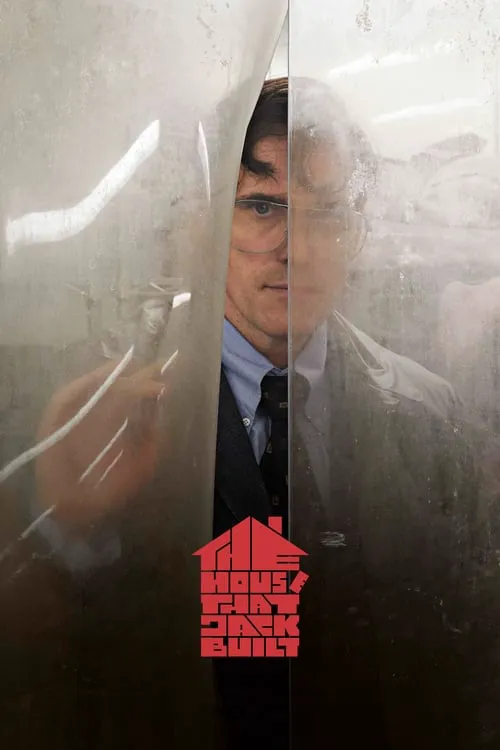The House That Jack Built

Plot
The House That Jack Built, directed by Lars von Trier, is a psychological horror-thriller film that delves into the mind of a serial killer, meticulously crafting a story that blurs the lines between reality and art. The movie takes its audience on a dark and unsettling journey, where every frame is a masterclass in cinematic storytelling. The film revolves around Jack (played by Matt Dillon), a failed architect and engineer who has reinvented himself as a meticulous murderer. Over the course of 12 years, Jack commits a string of meticulously planned and executed crimes, each one a testament to his twisted genius. The audience is introduced to Jack as he embarks on his journey, but the narrative structure is fragmented, and the events are presented in reverse chronological order. The first incident Jack recounts is the murder of a man named Urban (played by Rasmus Bjerg), a young gardener whom Jack encounters while visiting his sister's home. Jack's fascination with Urban's innocence and purity sets the tone for his crimes, as he becomes fixated on the concept of beauty and the destructive nature of human life. As the story unfolds, we are presented with Jack's earliest crimes, where he systematically dismantles his victims' lives, erasing their identities and replacing them with his own twisted narrative. Each killing is meticulously planned, with intricate details that showcase Jack's architectural prowess. His crimes are not merely acts of violence but a form of artistic expression, one that he is constantly refining and perfecting. Throughout the film, Jack is portrayed as a calculating and detached figure, devoid of emotions. His demeanor is stoic, and his tone is deadpan, making him both intriguing and terrifying. The audience is drawn into his world, where every action is a deliberate decision, calculated to create a sense of beauty and chaos. One of the most striking aspects of the film is the use of a fragmented narrative structure. Jack's story is presented in a non-linear fashion, with each section jumping back and forth in time. This creates a sense of disorientation, making it difficult for the audience to keep track of the events. However, it also serves to heighten the sense of unease and tension, as the audience is forced to piece together the events alongside Jack's own narrative. The cinematography in The House That Jack Built is a character in its own right, providing a visual representation of Jack's world. The film is shot in a crisp, clinical manner, with a muted color palette that reflects Jack's detachment from the world. The use of long takes and static shots creates a sense of voyeurism, drawing the audience closer to Jack's world. The score, composed by Carlotta Cosials and Thibault Frédéric, is equally unsettling, with a haunting melody that perfectly captures the tone of the film. One of the most striking aspects of the film is the portrayal of violence. Jack's killings are presented in a graphic and unflinching manner, yet they are also strangely beautiful. The violence is not depicted as mindless brutality but as a calculated act of creativity, one that Jack uses to express himself. This blurs the lines between good and evil, making it difficult for the audience to categorize Jack as simply a villain. The House That Jack Built is a challenging film, one that demands attention and engagement from its audience. It is a cinematic masterpiece that pushes the boundaries of storytelling, creating a world that is both familiar and unsettling. Jack's story is a twisted fairy tale, one that serves as a cautionary tale about the dangers of unchecked creativity and the destructive nature of human beings. As the film reaches its climax, Jack's narrative begins to unravel, revealing the true extent of his crimes. The audience is left to piece together the events, trying to make sense of the chaos that has been unleashed. The final shot of the film is a stark reminder of Jack's world, a world where beauty and violence are two sides of the same coin. The House That Jack Built is a thought-provoking and unsettling film that will leave its audience reeling long after the credits roll. It is a cinematic experience that will haunt viewers for days to come, a testament to the power of storytelling and the darkness that lies within human nature.
Reviews
Recommendations




